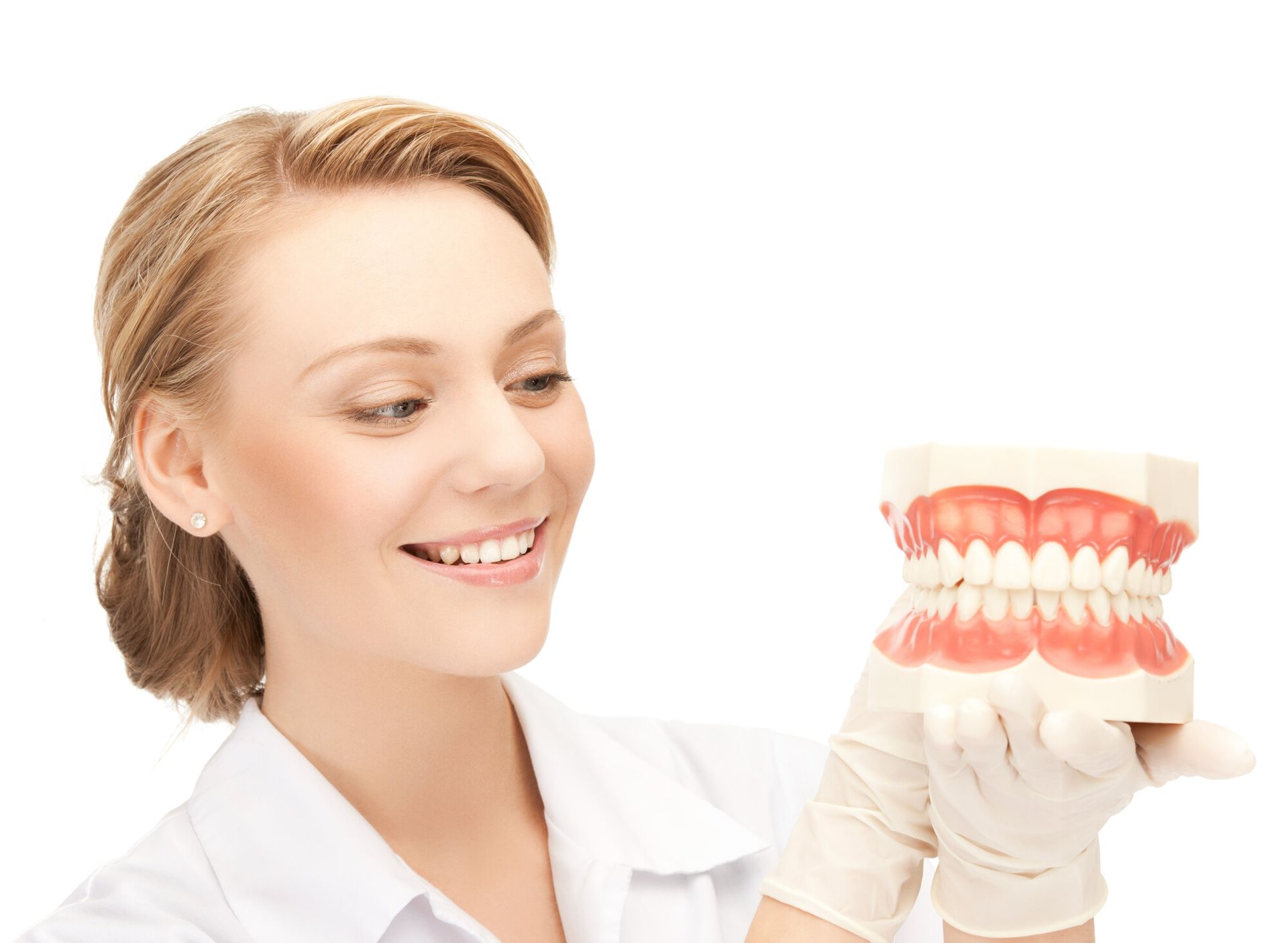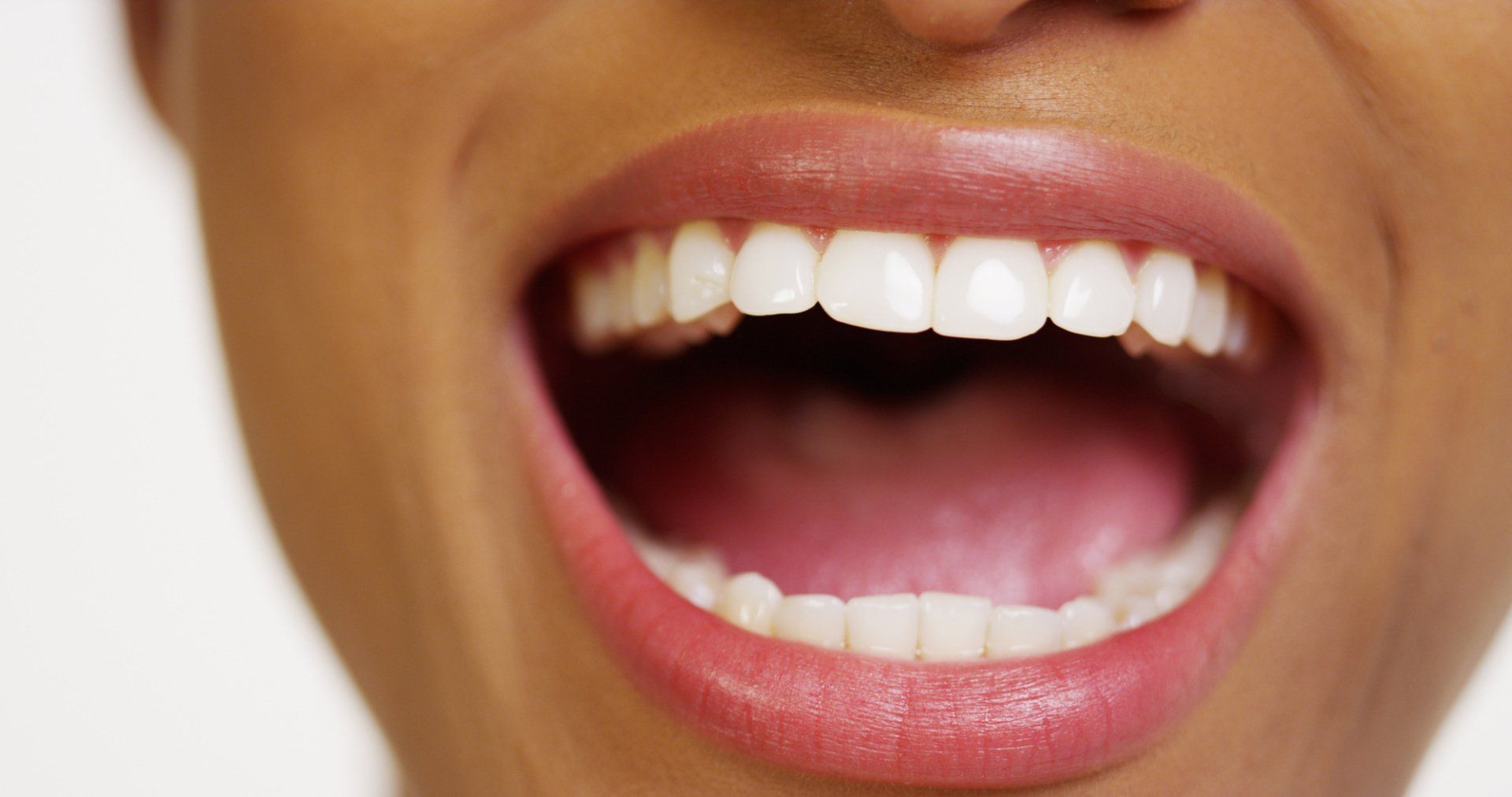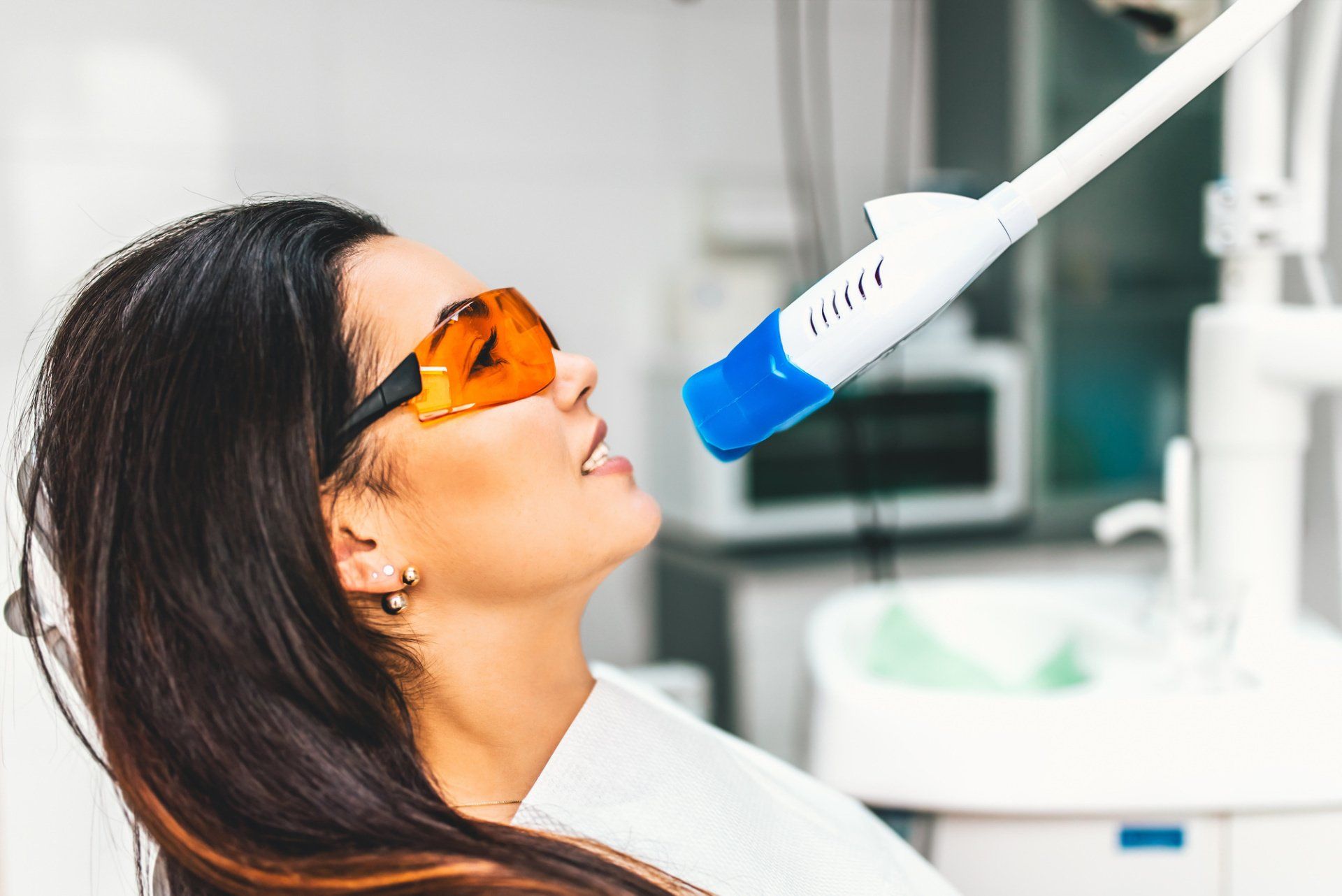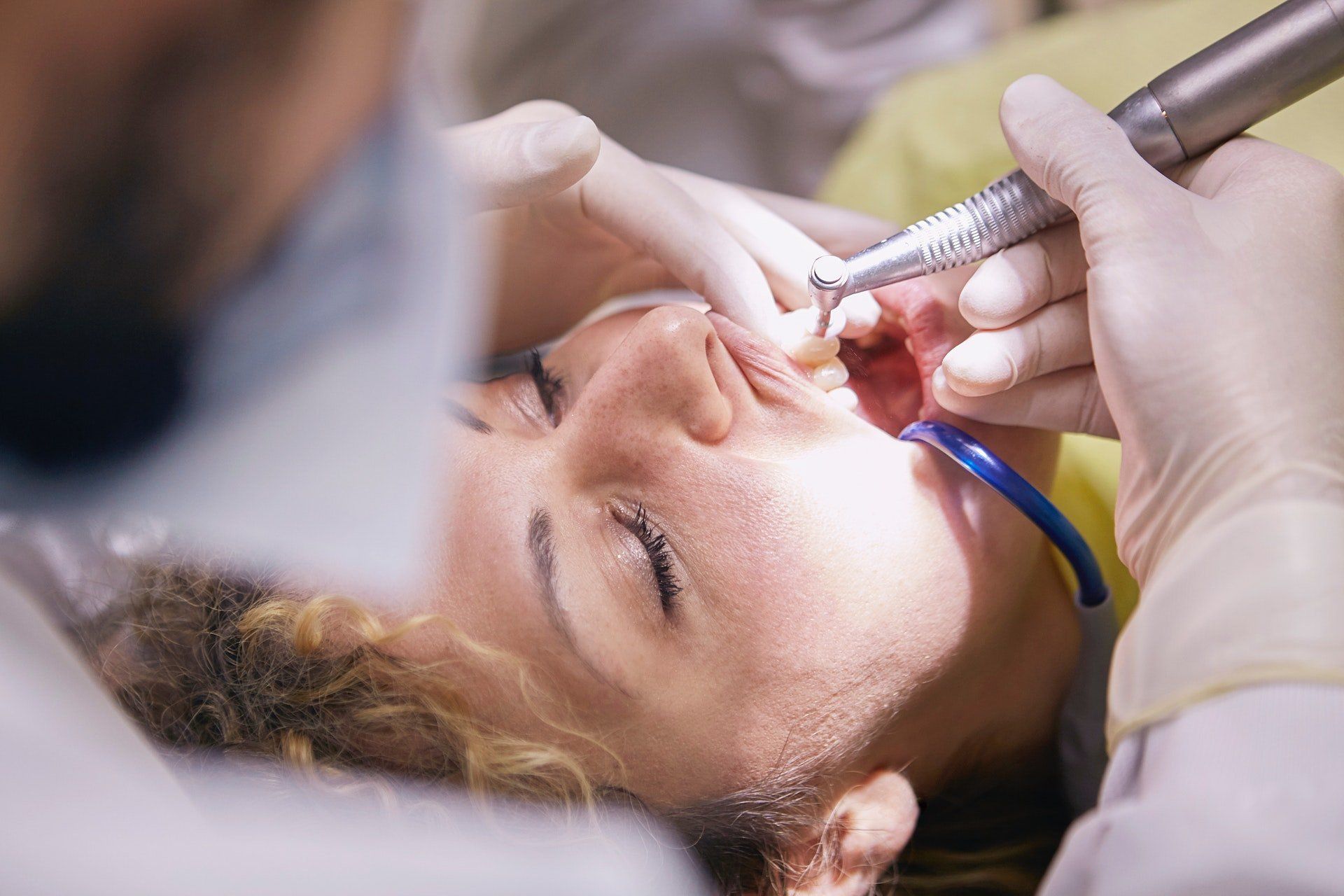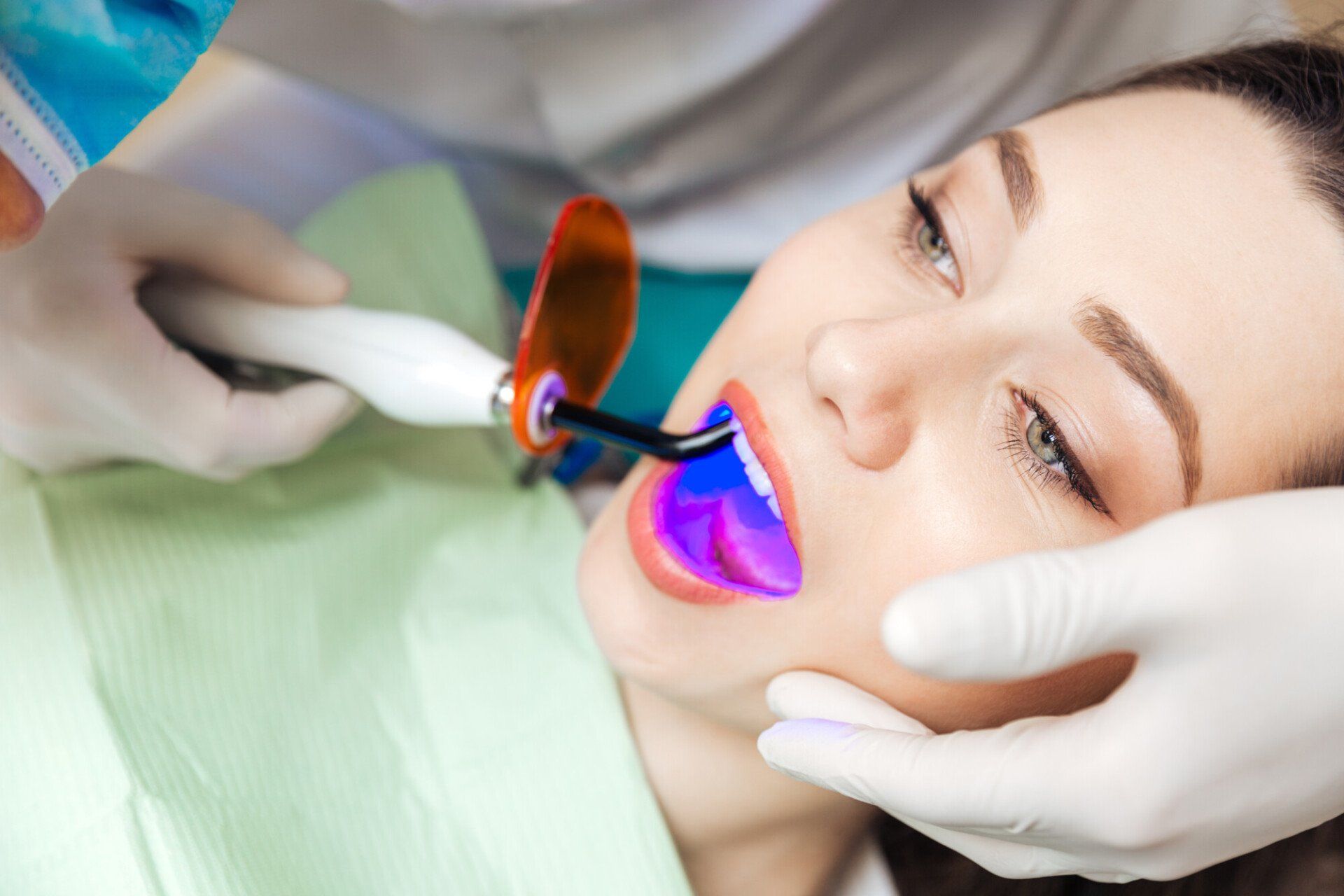The Importance of Taking Care of Your Oral Hygiene Before and After a Dental Implant Procedure
A dental implant procedure is an invasive treatment in which an existing tooth is removed and replaced with a permanent synthetic tooth. It delivers terrific results, improving both the aesthetic and functional characteristics of the teeth. That said, it can also pose a risk for infection.
It's for this reason that, before and after undergoing a dental implant procedure, you must take great care of your oral hygiene. Interested in learning more about the importance of oral hygiene as it pertains to dental implant healing? Take it from the top cosmetic dentist in Cincinnati, OH: here's everything you need to know.
How to Care for Your Teeth Before the Dental Implant Procedure
We’ll begin by discussing how to care for your teeth before undergoing a dental implant procedure. In most cases, it entails the following.
Brush Diligently
As always, brushing is hugely important. You should be brushing your teeth not only in the morning but at night as well. Make sure to brush your teeth, your gums, and your tongue.
This is hugely important in the weeks leading up to a dental implant, as it prevents the affected area from incurring even more decay. The better job you do of keeping bacteria away from the affected area, the less risk there will be of infection forming during or after the procedure has been carried out.
Floss Daily
Flossing is important as well. You should floss between all of your teeth at least once a day. Doing so will keep bacteria at bay, and thus help to stave off infection.
Use Mouthwash
Another way to keep bacteria at bay in your mouth is to use mouthwash. Hold a lid of mouthwash in your mouth for 15 to 25 seconds and swash it around so that it's able to get between all of your teeth. This will kill a good amount of bacteria, thus protecting your affected teeth from infection.
Stay Away from Troublesome Foods
Some foods are worse for the teeth and gums than others. These foods don't need to be avoided entirely. However, you should limit their consumption to a substantial degree.
What foods are the most troublesome? Sugary and starchy foods. These include candy, potato chips, soda, and even alcohol.
Dental Implant Healing: What to Do After the Procedure
Wondering how to approach recovery after the procedure? Generally speaking, it involves the following.
Brush Your Teeth
Regular brushing is always necessary, both before the procedure and after. It's particularly important in the days following the dental implant insertion, as there will still be an open wound through which bacteria can travel. Use a soft-thistle brush to gently clean this area, doing so twice a day.
Floss
Flossing is recommended as well. Note, though, that, due to potential pain and discomfort in the implant area, not to mention the risk of opening the implant wound further, you should avoid flossing in the affected spot. Just be sure to floss between the rest of the teeth.
Take Pain Medication
You'll also want to take pain medication. Your dentist might prescribe some to you. If not, you can make do with Ibuprofen, Tylenol, and other over-the-counter options.
The Consequences of Not Tending to Your Oral Hygiene Before a Dental Implant Procedure
In not tending to your oral hygiene before a dental implant procedure, you leave yourself vulnerable to several negative consequences. These include:
Infections
Infections occur when bacteria make their way into a cut or abrasion. The bacteria embed themselves within the gum tissue, causing it to become swollen, red, and, in some cases, decayed.
This is fairly common during dental implant procedures, as these procedures leave large gaps through which bacteria can travel. As such, if you want to reduce the risk of infection as much as possible, you need to provide your teeth with proper oral health care.
Excess Plaque Buildup
Another consequence of not tending to your oral hygiene before a dental implant is excess plaque buildup. If there's an excess of plaque on the teeth that surround the implant area, it can result in bacteria making its way into the implant area.
For this reason, you need to be sure to brush and floss every day leading up to the procedure. You might also consider using mouthwash.
The Consequences of Not Tending to Your Oral Hygiene After a Dental Implant Procedure
Now, you might be wondering what can happen if you don't tend to your oral hygiene after undergoing a dental implant procedure. We'll discuss some of the most common consequences below.
Variations in Teeth Color
As you probably know, failing to brush and floss regularly will result in your teeth becoming yellowed and discolored. This is a problem regardless of whether or not you have a tooth implant. Note, though, that if you do have a tooth implant, the problem will become all the more obvious.
Why is this? Because dental implants don't change color. As such, if your authentic teeth are yellowing, it's going to be very obvious that you're not properly caring for your teeth. After all, your white dental implant will contrast sharply against the other teeth in your mouth.
Infection
Just as you can incur an infection as a result of not tending to your oral hygiene before a dental implant procedure, you can incur an infection as a result of not tending to your oral hygiene after a dental implant procedure as well. Bacteria can make their way into your gums, causing them to decay over time, and causing your implant to loosen.
It's for this reason that you need to brush and floss every day after your implant has been inserted. If you only brush and floss sporadically, you could lose both your implant and others of your permanent teeth.
Looking for a Cosmetic Dentist in Cincinnati, OH?
Are you looking to undergo dental implant treatment? Looking for a cosmetic dentist in Cincinnati, OH? Hagen Dental Practice has you covered.
As a top Cincinnati, OH cosmetic dentist, we strive to create a comfortable and welcoming environment for our patients. Sporting a team of highly skilled and accredited dentists, we'll do everything necessary to safeguard your oral hygiene and health.
Contact us today to schedule an appointment!


